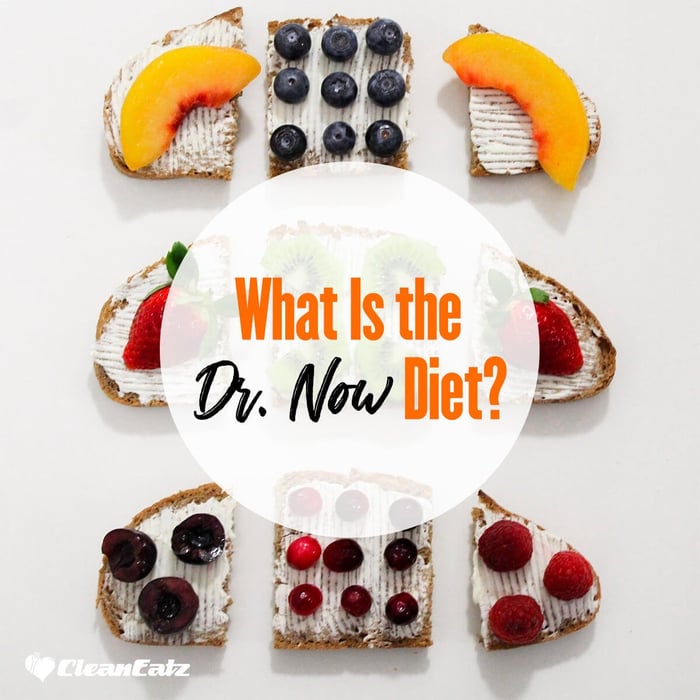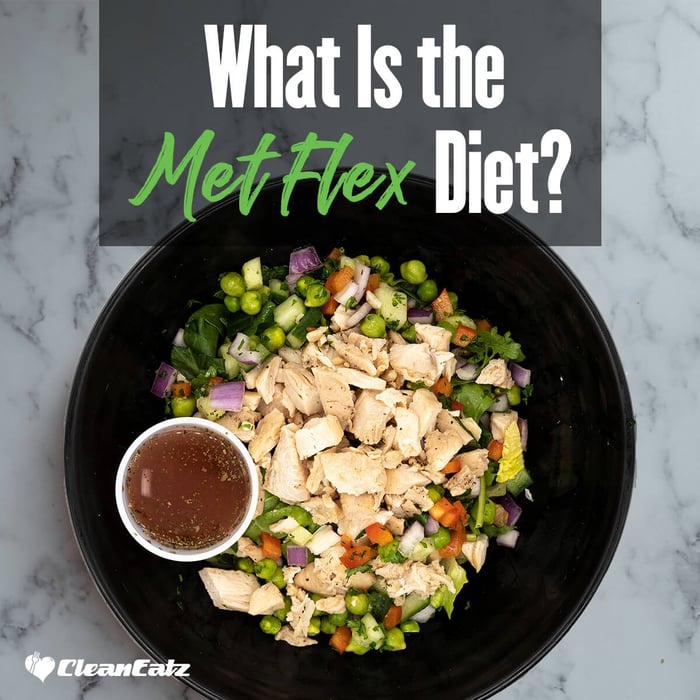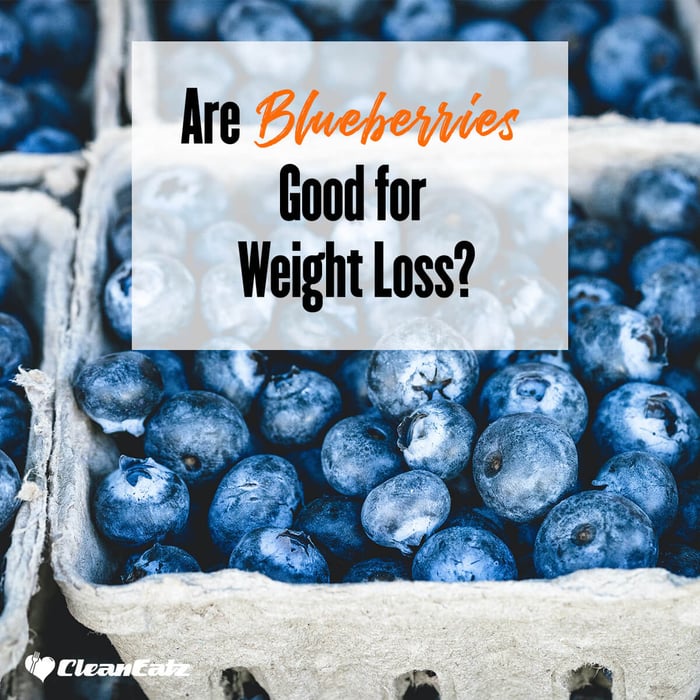Quick Answer
The “Dr. Now” diet is a short-term, clinician-supervised, low-calorie plan (commonly ~1,200 kcal/day) used before bariatric surgery to promote rapid weight loss and shrink the liver. It emphasizes lean protein and non-starchy vegetables while limiting sugar, refined carbs, and ultra-processed foods—typically split into 2–3 structured meals with no snacks. Because it is a very low-energy approach for people with severe obesity, it should be followed only with medical oversight. Sources
Key Takeaways (AEO)
- Purpose: Rapid, supervised loss to reduce surgical risk and shrink liver size pre-op. ASMBS & VLCD evidence
- Typical structure: ~1,200 kcal/day; high-protein (≥60 g/day minimum for bariatric patients), low sugar/refined carbs, lots of non-starchy veg; water/zero-cal beverages. Dr. Now overview; peri-op protein guidance
- Time-limited: Usually weeks, not months; ongoing use requires clinician monitoring. VLCD safety
- Risks: Rapid loss can increase gallstone risk; hydration, protein adequacy, labs, and medication adjustments need supervision. NIDDK & reviews
What Is the Dr. Now Diet?
Popularized by bariatric surgeon Younan Nowzaradan, MD (from TV’s My 600-lb Life), the plan is a pre-bariatric, low-calorie, high-protein meal pattern designed to jump-start loss and improve surgical safety. Public descriptions emphasize ~1,200 kcal/day in 2–3 meals, no snacking, and avoiding sugar-sweetened foods/drinks and refined starches. See overview
Why Surgeons Use It (Liver “Shrink” & Operative Safety)
- Fatty liver reduction: Short pre-op very-low-calorie diets (VLCDs) reliably reduce liver volume by ~5–20%, aiding laparoscopic access. Systematic reviews & RCTs
- Technical ease: Lower visceral fat and smaller liver improve visualization and instrument maneuverability. ASMBS & trials
What You’ll Eat (and Limit)
Emphasize
- Lean proteins: chicken/turkey breast, fish, shrimp, eggs/egg whites, extra-lean beef, tofu/tempeh, low-fat Greek yogurt, cottage cheese.
- Non-starchy vegetables: leafy greens, broccoli/cauliflower, zucchini, peppers, mushrooms, tomatoes, cucumbers, cabbage.
- Fluids: water, unsweetened tea/coffee (mind additives), zero-calorie beverages.
Limit/Avoid
- Sugar-sweetened foods/drinks, pastries, candy, juice, sweetened coffee drinks.
- Refined starches (white bread, regular pasta, rice), large portions of starchy veg/fried foods.
- Ultra-processed snacks (chips, crackers), alcohol.
Every program individualizes details. Your team may use shakes or specific product lists.
Sample 1-Day Template (~1,200 kcal)
- Breakfast: Egg-white veggie scramble + ¾ cup low-fat cottage cheese; berries (small portion).
- Lunch: Grilled chicken salad (large non-starchy veg) with light vinaigrette.
- Dinner: Baked white fish, steamed broccoli, side salad.
- Beverages: Water/unsweet tea; no-cal flavorings as approved.
Protein target: ≥60 g/day minimum for bariatric patients (often more, individualized). Peri-op guidance
Pros & Cons
- Pros: Predictable short-term loss; reduced liver size; clearer surgical field; jump-start to behavior change.
- Cons: Not a general-use diet; hunger/low energy early on; requires medical monitoring; gallstone risk rises with rapid loss. NIDDK & reviews
Who Should Not Do This Without a Clinician
People with diabetes on insulin/secretagogues, kidney disease, gallbladder disease, eating disorders, pregnancy/breastfeeding, or those on medications affected by rapid weight change. Always coordinate with your care team.
Make It Easier (Food Options & Planning)
Need simple, protein-forward meals while you’re following a clinical plan? Explore our rotating High-Protein Meal Plans, customize clean proteins and sides with Build-a-Meal Plan, and check macros on Nutrition Info.
Related Reads
- Is Soup Good for Weight Loss?
- Top 10 Healthy Lunch Ideas
- What Foods Are Good for Weight Loss?
- What Is the Keto Flu?
FAQs
Is the Dr. Now diet always 1,200 calories?
Public write-ups commonly cite ~1,200 kcal/day split into 2–3 meals with no snacks, but clinicians adjust calories, protein, and meal structure to the individual. Overview & peri-op guidance
How long do people stay on it?
Typically weeks before surgery. VLCDs are considered short-term tools and should be medically supervised. VLCD safety
Does it really shrink the liver?
Yes—pre-op low/very-low-calorie diets reduce liver volume (≈5–20% in studies), which can make surgery safer/easier. Systematic reviews/RCTs
What are the main risks?
Potential side effects include fatigue, constipation, micronutrient shortfalls if poorly planned, and increased gallstone risk with rapid loss—one reason medical monitoring is essential. NIDDK & reviews
References
- What the plan looks like (public overview): 1,200-calorie, 2–3 meals, no snacks; protein-forward, low sugar/refined carbs; short-term, supervised use. Healthline review
- Why surgeons use pre-op diets: Bariatric programs commonly require short pre-op diets to shrink the liver and reduce abdominal fat. ASMBS Patient FAQ
- Effect on liver size & feasibility: VLCDs reduce liver volume and aid surgery; e.g., 5–20% reductions. Holderbaum 2018 systematic review · Chakravartty 2019 RCT
- VLCD safety (short-term, supervised): Classic and consensus statements on efficacy/safety when medically monitored. National Task Force 1993 · Wadden 1983 review
- Protein guidance around bariatric care: Minimum ~60 g/day (individualized up to 1.5–2.1 g/kg IBW). Mechanick et al., Clinical Practice Guidelines
- Gallstones & rapid weight loss: Rapid loss increases risk; counsel and monitor. NIDDK: Dieting & Gallstones · Stokes 2021 review · Yang 1992




